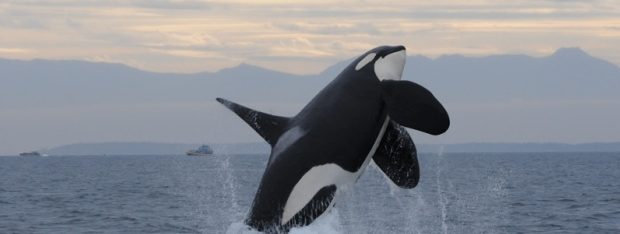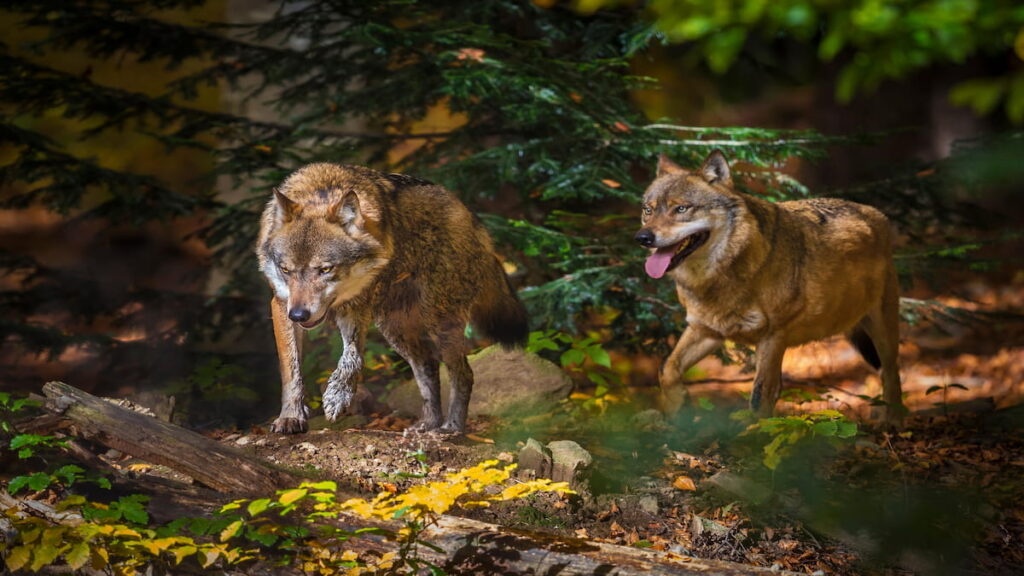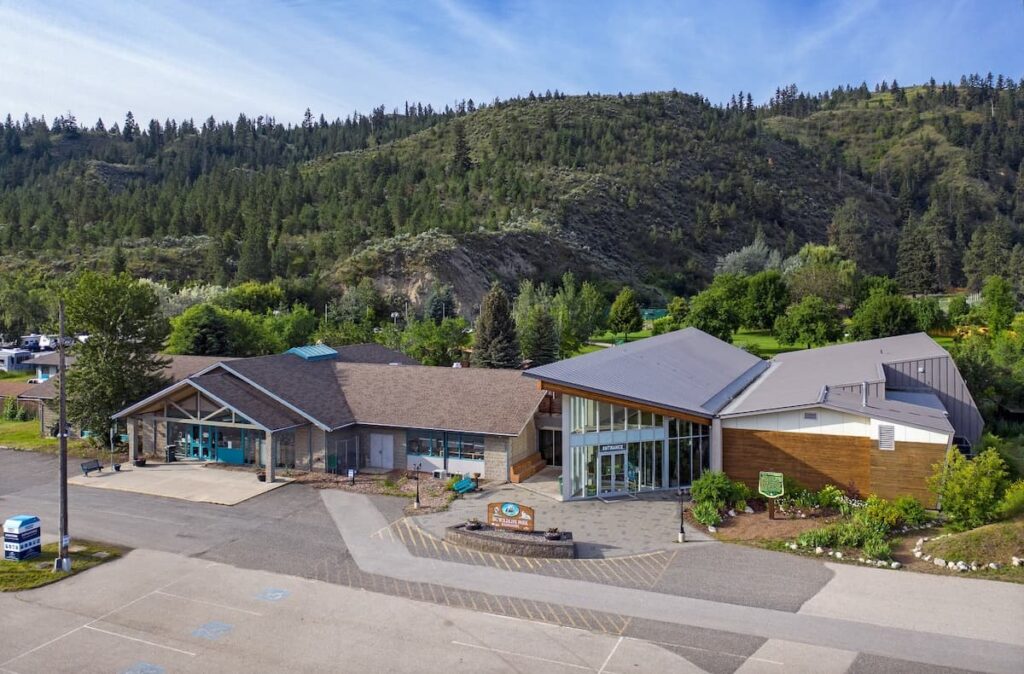British Columbia’s west coast is home to the Southern Resident killer whales, an eco-type of killer whale unique to the region. While killer whales are not endangered globally, the southern resident killer whale is considered at risk. Fourteen years ago, the whales were recognized as endangered under the Species at Risk Act (SARA), and since then they have experienced little to no growth in forty years. Only 85 whales are remaining, and changing climates, loss of food source, human impact and low reproduction are contributing factors.
Boat traffic noise and disturbance deeply impact the ability for the whales to make and listen to noises, noises that are required to find mates, food, navigate and communicate. Studies suggest that the noise levels could be related to the reduced feeding efficiencies of the whales.

So what can we do? In order to protect the species, a number of initiatives need to be taken:
- Reducing boat traffic numbers
- Reducing viewing days when whale watching boats are following the whales
- Limiting of fishing of Chinook salmon to rebuild their food supply
- Long-term action on marine pollutants
These changes can’t happen over time, the time for immediate action is now, and organizations like Raincoast Conservation Foundation, the David Suzuki Foundation and Ecojustice are working hard to raise awareness, educate the public and ask Canada’s federal government to step in.
In June, several organizations launched a court challenge to review the National Energy Board’s (NEB) Kinder Morgan report that recommended the approval of the Transmountain Pipeline. The groups are arguing that the NEB did not apply the SARA to it’s final report, posing a major threat to southern resident killer whales and their habitats.
With less than 20 breeding females remaining in the population of southern resident killer whales, we could see the complete loss of them in our lifetime.
To find out how you can get involved, check out Raincoast Conservation Foundation.



